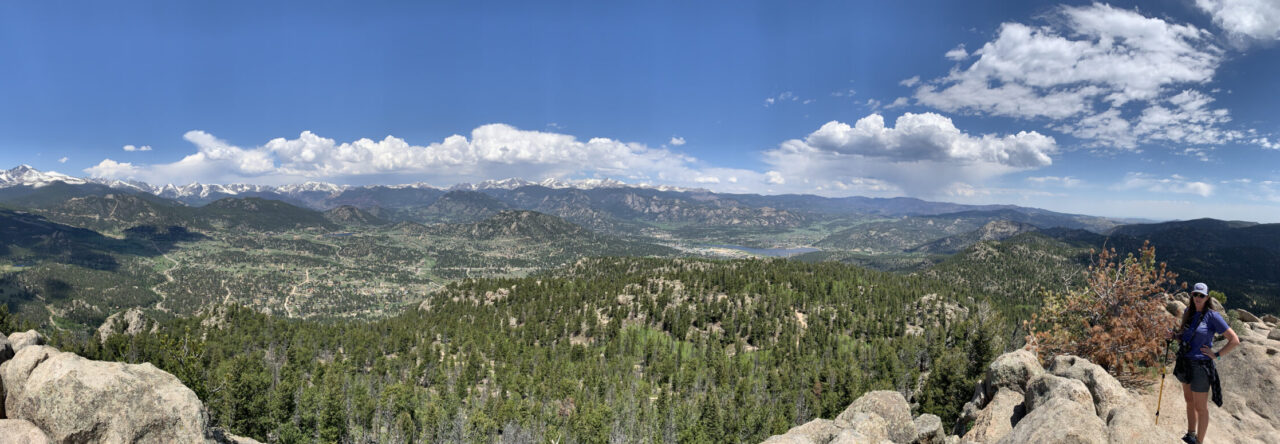 When All the Light We Cannot See by Anthony Doerr won a Pulitzer just a few days after I finished reading it and telling everyone how great it was, I felt like such a smarty pants. As if it wasn’t a total coincidence.
When All the Light We Cannot See by Anthony Doerr won a Pulitzer just a few days after I finished reading it and telling everyone how great it was, I felt like such a smarty pants. As if it wasn’t a total coincidence.
Then I started thinking, “These Pulitzer Awards… Maybe they’re on to something. Those could be some good books to read.” And that is how I went on a beach vacation with a bunch of books that were slightly higher brow than my normal beach reads. (I also threw in some Young Adult and Science Fiction books.)
My takeaway? Some of the books who have won the Pulitzer Prize for fiction are excellent. Some maybe more of an acquired taste?
I still present All the Light We Cannot See as one of the better books I’ve read in a long time. I won’t say too much about it because it’s still new and I don’t want to give spoilers. But, the writing is beautiful and some of the images Doerr presents to detail the relationship between a father and his daughter are just wonderful.
 Monday night I finished The Orphan Master’s Son by Adam Johnson. Also excellent! I’ve not read much about North Korea and this was a doozy.
Monday night I finished The Orphan Master’s Son by Adam Johnson. Also excellent! I’ve not read much about North Korea and this was a doozy.
Published in 2012, The Orphan Master’s Son focuses on Jun Do. Most of his childhood was spent in an orphanage and from there he moves on to a tunnel expert who can fight in the dark, a kidnapper, a radio operator, a hero and then a foreign dignitary. Even when he does horrible things, it’s hard not to feel sympathy towards Jun Do, who is just trying to do his best and survive.
Johnson does a masterful job of creating a feeling about North Korea through dialogue and character experiences that speaks volumes more than descriptions ever could. At one point in the novel, which I was reading at the gym, I was visibly gagging at some of the stuff Jun Do was doing. And while that scene, which I will spare sharing with you, was gross, it helped create an image for me of North Korea.
That’s what good writing is all about, right?
Some other Pulitzer Winners I’ve checked out recently include Olive Kitteridge by Elizabeth Strout, Tinkers by Paul Harding and A Visit from the Goon Squad by Jennifer Egan.
If you want to try the same sourcing for new (to you) books to read, check out the list of past Pulitzer winners.
















